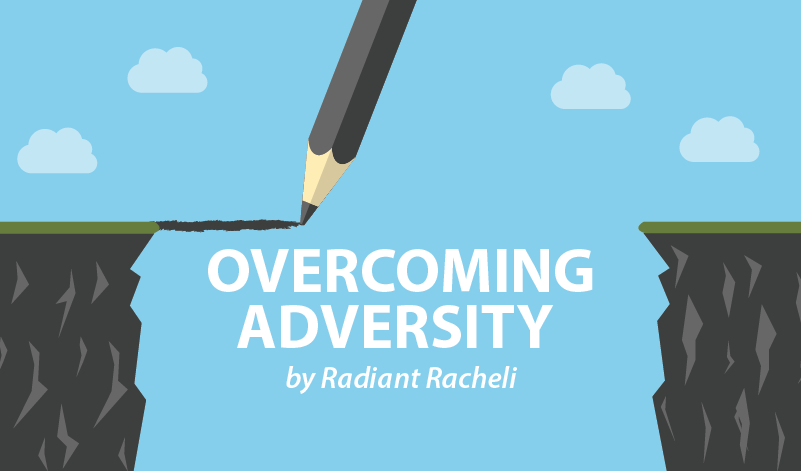I am sitting in the car with my friend having a conversation, and while I am about to spew out the next few words of my sentence, I completely forget what it was I was talking about. That, my friends, is chemo brain.
For the past three years, as I become more aware of the long-term effects of chemo and radiation, I have heard and seen the effects of chemo brain firsthand. Although it is nicknamed chemo brain, the cognitive fuzziness can be a result of radiation treatments as well. To be affected by chemo brain, it doesn’t mean you had brain chemo. If someone receives a chemo that doesn’t cross the brain-blood barrier, the drugs may cause something called oxidative stress. This process creates molecules called reactive oxygen species that do cross the barrier and can be toxic to the brain. Chemotherapy also triggers the production of cytokines, small signaling molecules that can have an effect on the immune system and other regulatory systems in the body.
As I write this, behavioral psychologist Tim Ahles, PhD, at Memorial Sloan Kettering, is studying the link between problems with cognitive function and cancer treatment. According to Ahles, “There are still millions of survivors whose cognitive function may never completely return to what it was before cancer. These deficits might affect someone’s ability to return to work or complete their education, and they can impact quality of life in many other ways.” Ahles is conducting a study specifically on lymphoma patients and chemo brain.
I recently have been doing Vlogmas, where I video-blog on my YouTube channel every day of December. In most of my vlogs, I have been able to document real-time instances where I believe chemo brain has affected my daily function, two years after treatment.
In one of my videos, I received a comment claiming that chemo brain isn’t real. It was a comment from someone who presented as a fellow cancer survivor. She believed that since she didn’t experience it, it must not affect other people.
I felt triggered and unsure in this instance. Are there other people, other cancer patients, who truly believe this is a myth? I wasn’t sold when I first heard about it. I thought I was going crazy until my oncologist confirmed it was believed, indeed, to be a very real side effect of treatment.
I turned to the internet to see what my fellow cancer patients and survivors thought about the term and if it really does affect them on a daily basis.
The responses from these women and men were all the same: They experience chemo brain. There are good days, but there also are bad days. There are moments when we may feel like total nut-bags running around like chickens with our heads cut off. There are days when we feel like we have a fraction of the mental capabilities we had before treatment. There are days when we get an A on a test and then turn around and realize we locked ourselves out of our apartment.
Chemo brain can show up in our lives in many different shapes and colors, but I want to leave you with this: Just because you haven’t experienced something as a result of treatment, it doesn’t mean there aren’t a whole bunch of other thrivers struggling to keep things afloat.
If you’re looking for some quick ways to help improve your cognitive function, I highly recommend games like Scrabble and Words with Friends to get those juices flowing. Word searches and brain exercises are a wonderful way to get your cognitive functions back in the game!
While I do that, I’m going to embrace this “flaw” and thank my very patient fiancé for being there when I look around the house for my glasses (while they are on my head) and forget what I’m looking for midway through the hunt.
***
Note: Lymphoma News Today is strictly a news and information website about the disease. It does not provide medical advice, diagnosis, or treatment. This content is not intended to be a substitute for professional medical advice, diagnosis, or treatment. Always seek the advice of your physician or other qualified health provider with any questions you may have regarding a medical condition. Never disregard professional medical advice or delay in seeking it because of something you have read on this website. The opinions expressed in this column are not those of Lymphoma News Today, or its parent company, BioNews Services, and are intended to spark discussion about issues pertaining to lymphoma.



